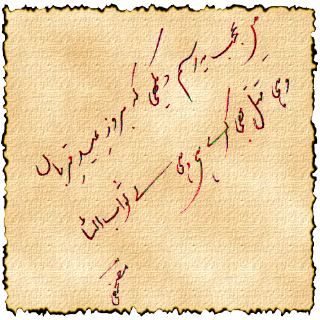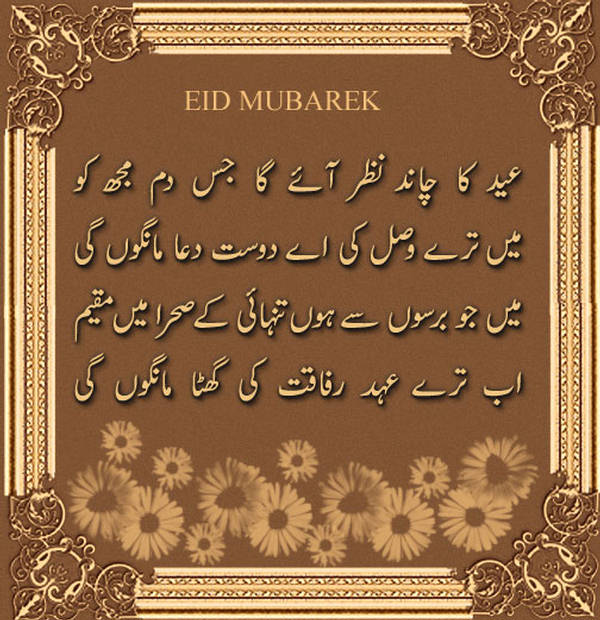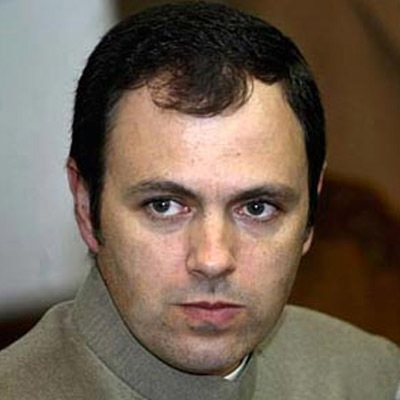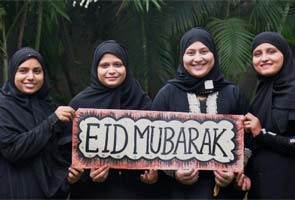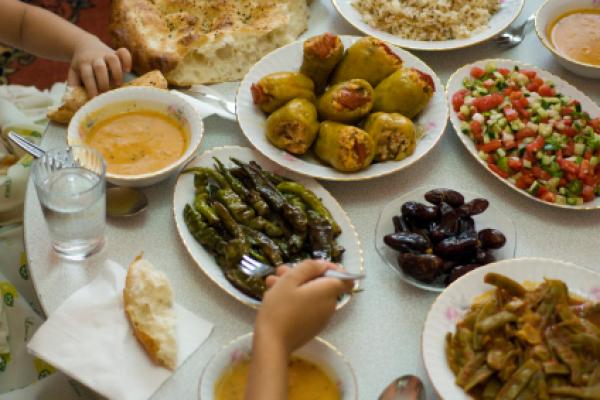According to
the Shariah, Fitra becomes incumbent when the new moon of Shawwal is
sighted. This is known as Zakat of Fitra, which is Wajib on every
Baligh person. If you have a guest with you, who has arrived at your
house before sunset on the eve of Eid ul Fitr, then his/her Fitra is
Wajib upon you.
As per laws
of Ayatollah Seestani's 'Islamic Laws': "At the time of sunset on Eid ul
fitr, whoever is adult and sane and is neither unconscious, nor poor,
nor the slave of another, he should give, on his own behalf as well as
on behalf of all those who are his dependents, about three kilos per
head of wheat or barley or dates or raisins or rice or millet etc. It is
also sufficient if he pays the price of one of these items in cash."
Therefore, in principle the fitra is on staple food which comes to approximately $10.00 on Basmati rice and $18.00 for dates
Since FITRA
becomes wajib when the new moon of SHAWWAL is sighted, Shariah does not
recommend advance payment to the Mustahiqqeen. But if you think a
particular deserving person or family may benefit better if payment is
made to them earlier than Eid-ul-Fitr, you can give away your sum as a
loan and then you will make the NIYYAT for that sum being a FITRA, upon
the sighting of the new moon.
What is "Fitra"?
Fitra is a
gift of food or money that each baligh individual pays on the day of
Eid-ul-Fitr, that is, on seeing the new moon of the month of Shawwal.
This is a "zakat" or charitable tax.
When should it be paid?
Fitra is only
obligatory when the new moon is seen, but, if you think a particular
deserving person or family may benefit better if payment is made to them
earlier than Eid-ul-Fitr, you can give away your sum as a loan and you
make the niyyah (intention) that the sum is your fitra when the new
moon is seen.
Who needs to pay it?
It is wajib
(obligatory) for every baligh person (one who has reached maturity) to
pay fitra. If you have a guest with you, who has arrived at your house
before sunset on the eve of Eid-ul-Fitr, then it is obligatory for you
to pay their fitra also.
Who will receive the fitra?
If there are
those deserving of fitra in your own country, then your fitra should be
given locally. Otherwise, see the advice below on whom to give fitra
to.
Advice on giving fitra, particularly to local Jamaats:
1. If you
come to know of a deserving person or family in your city or country
of residence, you will please consider it as a priority case.
2. According to Ayatollah Sheestani the deserving recipient of fitra must be a mumin, Shia Ithna-asheri
3. If a
non-Sayyid gives fitra, this can only be given to a non-Sayyid. However
the fitra given by a Sayyid can be given to a Sayyid.
As the people prepare to celebrate 'Eid-ul-Fitr' at the end of holy
fasting month of Ramadhan, Jammu and Kashmir Chief Minister Omar
Abdullah has wished them well-being and prosperity.
In his greetings message, the Chief Minister highlighted the essence of
the festival and said that this day is to address the needs of poor and
share Eid-bliss with them.
"The spirit behind the observance of Eid-ul-Fitr is to express our
thanks to Almighty Allah for giving us the courage to observe fast in
the month of Ramadhan and rededicate ourselves to the path of
truthfulness, sincerity, self-control, patience and human dignity," he
said.
The Chief Minister prayed for peace and prosperity and wished the Eid
be harbinger for all round development in the state and the country.
He also hoped that this holy occasion would strengthen the bonds of communal harmony, brotherhood and amity.
As the Muslims follow Lunar calendar, the fasting month of Ramadhan
will come to an end with the sighting of crescent this evening or
tomorrow evening.

